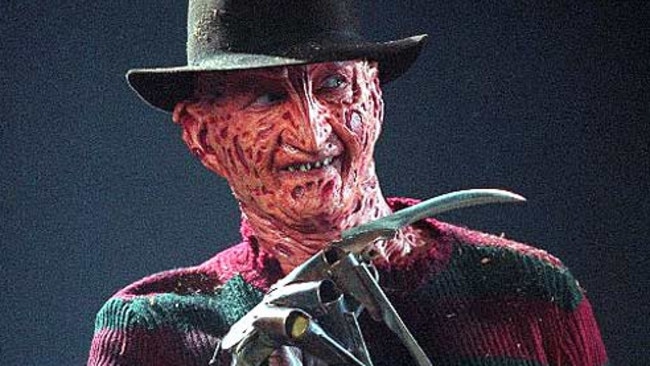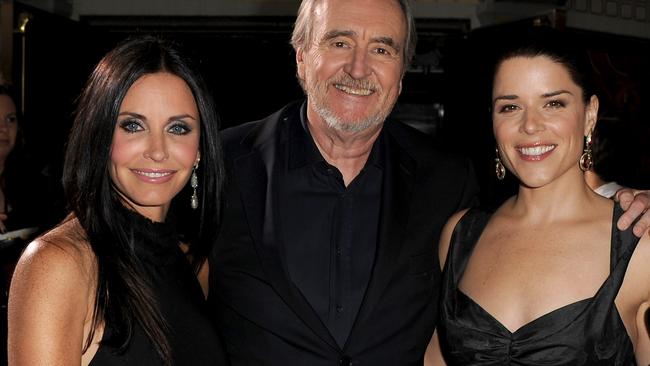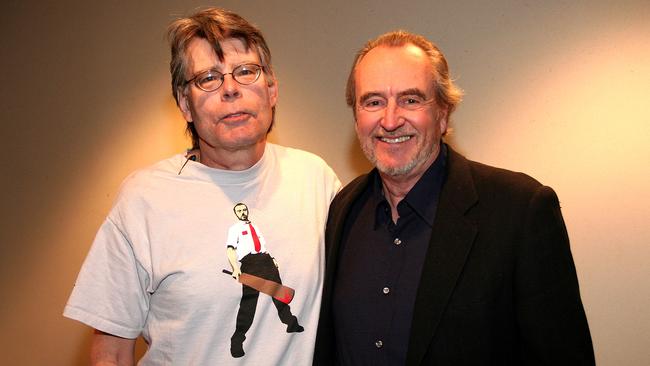Wes Craven, horror film director, Freddie Kruger creator, dies
The horror film icon who created Freddie Kruger, and kept children awake at night across the globe, has passed away.

Wes Craven, the director of iconic horror films such as “Scream” and the “Nightmare on Elm Street” series, has died aged 76, The Hollywood Reporter said.
Craven, whose Freddie Kruger character likely kept children awake at night around the globe, had battled cancer, his family told the industry news source.
“It is with deep sadness we inform you that Wes Craven passed away at 1PM on Sunday, August 30 after battling brain cancer,” a family statement said.
“He was 76 years old. Craven was surrounded by love, in the presence of his family at his Los Angeles home.”

Craven presided over eight “Nightmare on Elm Street” films, and in the 1980s directed some episodes of the revival “Twilight Zone” series.
A prolific writer, director and editor, he is credited with reinventing the teen horror genre with the 1984 release of Elm Street starring a then-unknown Johnny Depp.
The movie and its indelible, razor-fingered villain Freddy Krueger (played by Robert Englund) led to several sequels, as did his 1996 success, “Scream.”

Besides his work in horror films, Craven also directed the drama “Music of the Heart,” which earned Meryl Streep an Oscar nomination.
Some of his other films include The Hills Have Eyes, The Last House on the Left, The Serpent and the Rainbow, The People Under the Stairs, Vampire in Brooklyn, Cursed, Red Eye and My Soul to Take.
Wesley Earl “Wes” Craven was born in Cleveland, Ohio, on Aug. 2, 1939. Though he earned a Master’s Degree in philosophy and writing from John Hopkins University and briefly taught as a college professor in Pennsylvania and New York, his start in movies was in pornography, where he worked under a pseudonym.

Craven’s feature debut under his own name was 1972’s “The Last House on the Left,” a horror film about teenage girls abducted by thugs and taken into the woods. Made for just $87,000, the film, though graphic enough to be censored in many countries, was a hit. Roger Ebert said it was “about four times as good as you’d expect.”
“Nightmare on Elm Street,” however, catapulted him to far greater renown in 1984. The Ohio-set film about teenagers who are stalked in their dreams, which Craven wrote and directed, spawned a never-ending franchise that has carried on until, most recently, a 2010 remake.
The concept, Craven said, came from his own youth in Cleveland, where he lived next to a cemetery on an Elm Street.
Along with John Carpenter’s “Halloween,” ‘‘Nightmare on Elm Street” defined a teen horror tradition where helpless teens were preyed upon by supernatural villains in morality tales; usually promiscuous girls were the first to go.
The formula would work again for Craven with “Scream.”
Craven is survived by his wife, producer Iya Labunka, a son, a daughter and a stepdaughter.
“Today the world lost a great man, my friend and mentor, Wes Craven. My heart goes out to his family,” actress Courteney Cox, who appeared in Craven’s four “Scream” movies, wrote on Twitter.
“Thank you for being the kindest man, the gentlest man, and one of the smartest men I’ve known. Please say there’s a plot twist,” actress Rose McGowan, a “Scream” veteran, said on Twitter.
AFP/AP


